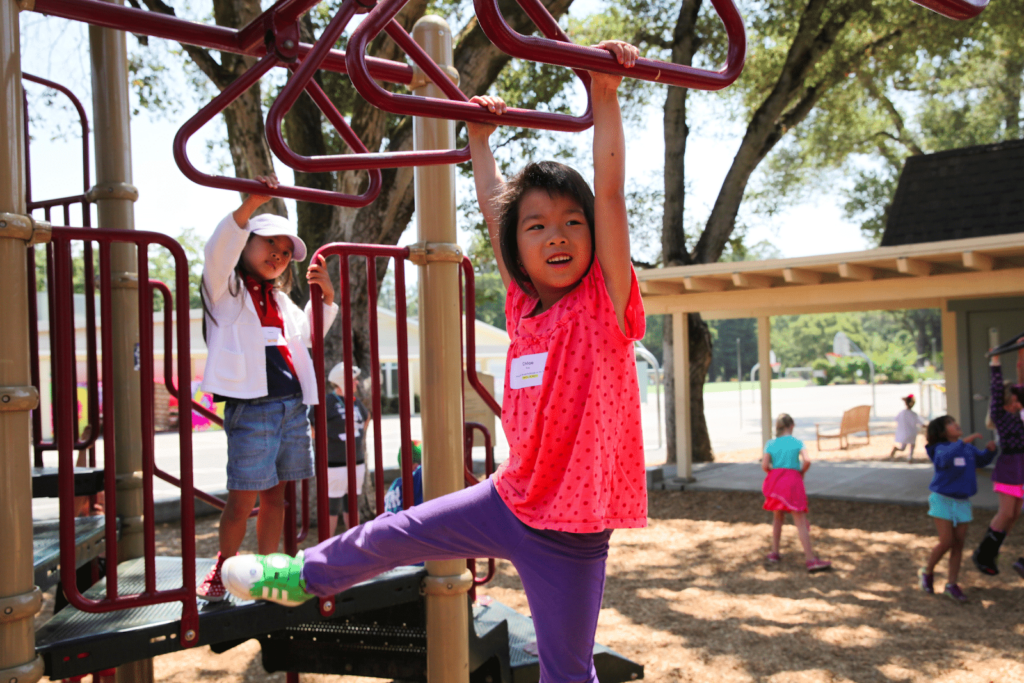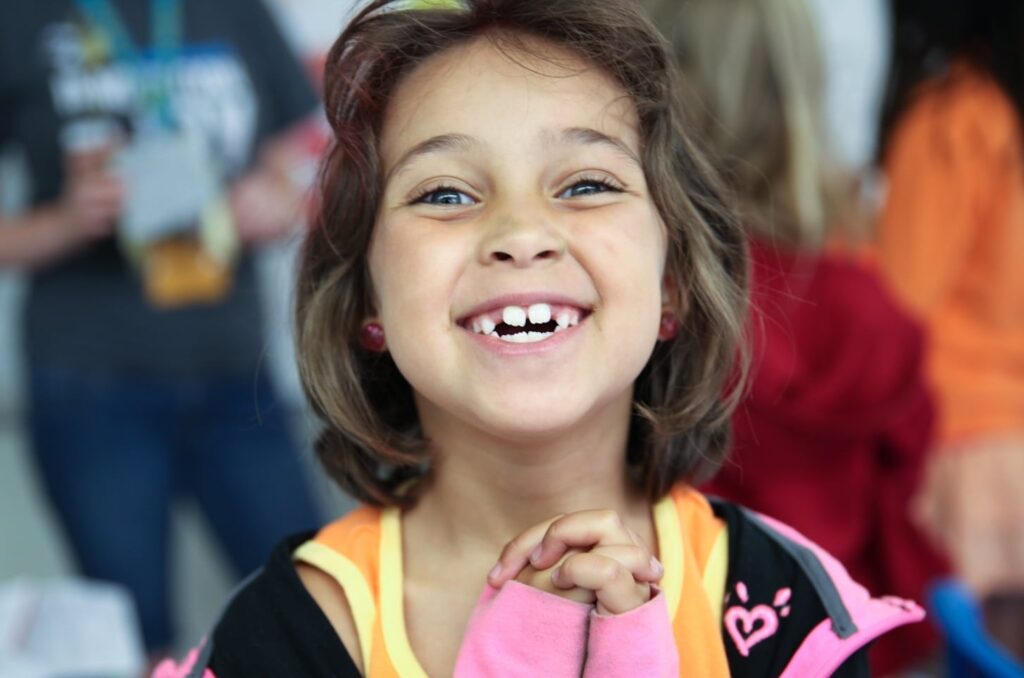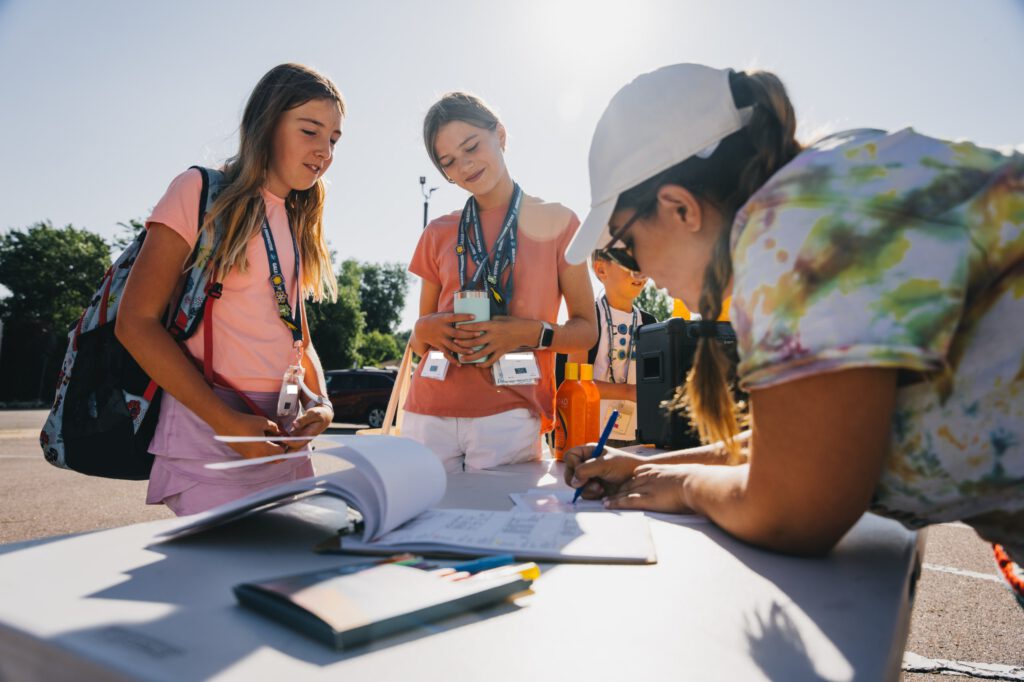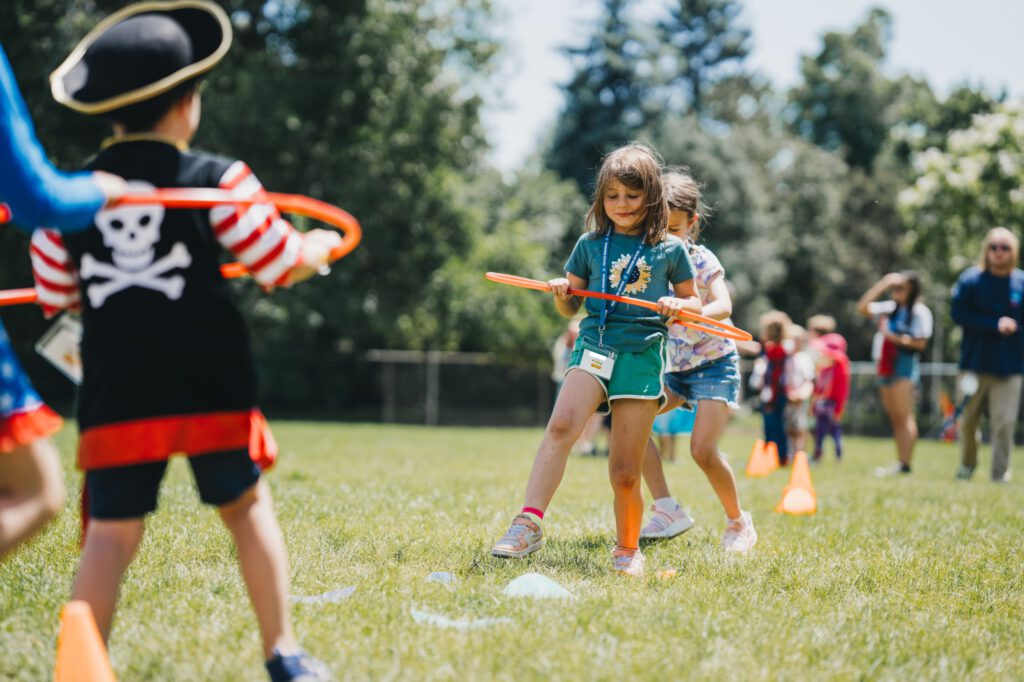At Galileo, we’re firm believers in play—so much so that it’s baked right into the design of our camps. And we’re not the only ones. Good, old-fashioned free play has been deemed so important to child development that the UN has even declared it a right.
But lately, it seems like kids’ play time, in all of its unstructured, imaginative glory, keeps shrinking, in favor of hectic schedules packed with enrichment activities, extracurriculars and, all too often, screen time.
Here’s why free play is so imperative—and why you should help your kids reclaim their right to it:
1. Play for Brilliant Brains
Many experts on the topic assert that free play influences how neural pathways are wired. In order for our brains to grow, we need something called BDNF, a nerve growth agent which is promoted by free play. When kids have the the opportunity to play alone or with others, their brains also get the chance to grow and develop.
2. Play for Next-Level Knowledge
Kids often emulate grown-ups during play, drawing inspiration from their environment while also practicing adulthood.. Finding inspiration further afield, they may switch roles or place themselves in realistic or fantasy scenarios. Creating narratives around these roles gets them thinking in abstract ways, which is a fantastic springboard for developing imagination and practicing problem-solving.
Improvising with objects in their immediate environment is even more jet fuel for the imagination, especially when children play with each other. In the process, they develop their vocabularies and general knowledge.

3. Play for Emotional Benefits
More often than not, play is intrinsically motivated: we gravitate towards doing it without any real nudge from others because it is inherently enjoyable. When we’re doing things we like and enjoy, we feel less stressed and more confident.
Today’s kids arguably experience more societal pressure than ever before, but they spend less time outdoors and in unstructured play environments compared to any other generation. In fact, on average, children today devote only four to seven minutes to unstructured outdoor play per day, while spending an average of seven and a half hours in front of electronic media.
By spending more time playing freely, kids can better manage emotions they might otherwise bottle up.
4. Play for Nourishing Friendships
Group play dates are serious business. Have you ever witnessed a playful discussion amongst kids as they ponder all-important questions such as “What game will we be playing next?” or “Whose turn is it to be Cinderella and who is going to be the stepmother?”
Through imagination and role-playing, children learn valuable social skills like collaboration, cooperation, and self-control. They navigate life’s challenges on a small scale and figure out where certain boundaries lie.
Relationships with peers aren’t the only things that are strengthened through free play. When kids and their caregivers play together, they build warmth and understanding for each other. Parents can learn more about their children and impart knowledge to them—all through the vehicle of fun and games.
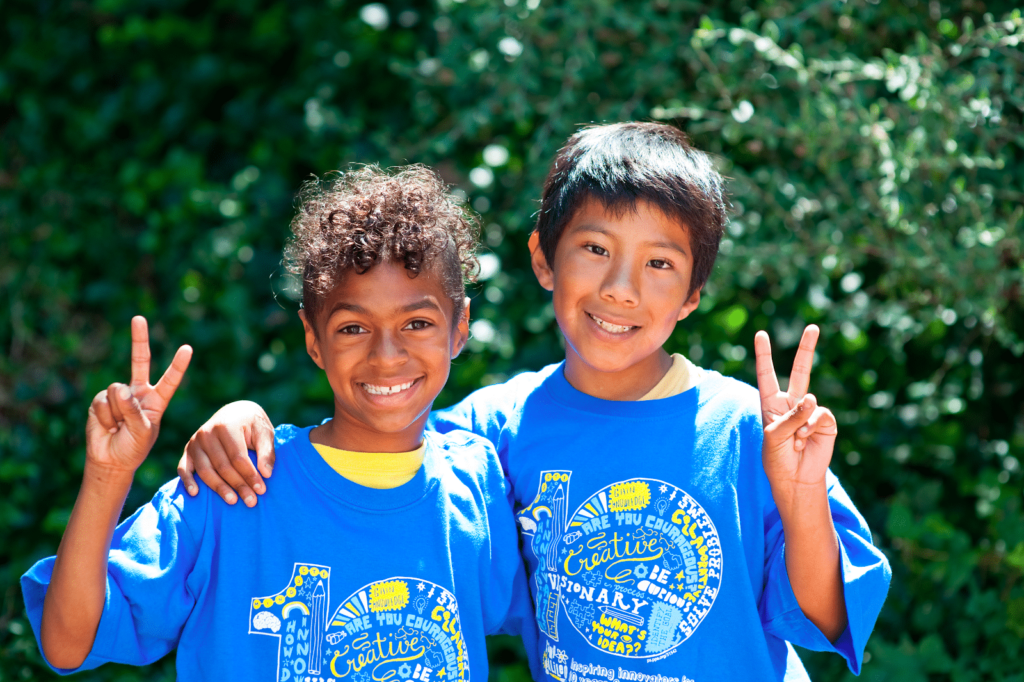
5. Play for Strong Bodies
Active children are better equipped to keep obesity and associated diseases at bay. Whether running around in a game of sharks and minnows, swimming around as a mermaid in the pool, or leaping towards the sky on a trampoline, play can make kids physically healthier. We’re talking stronger muscles, healthier hearts, sharper reflexes, improved balance… The list goes on.
That’s not all. Play gives kids a chance to burn off some of their excess energy without feeling forced into “boring” repetitive activities. And physical activity contributes to better, more restful sleep. What could be sweeter?
—-
Outdoor play is an integral part of our camp design at Galileo. We’ve designed a ton of collaborative games to get your kids active and working with their peers to conquer team challenges. If you’re interested in learning more about our summer camps in your area, click the button below to find a location near you.
